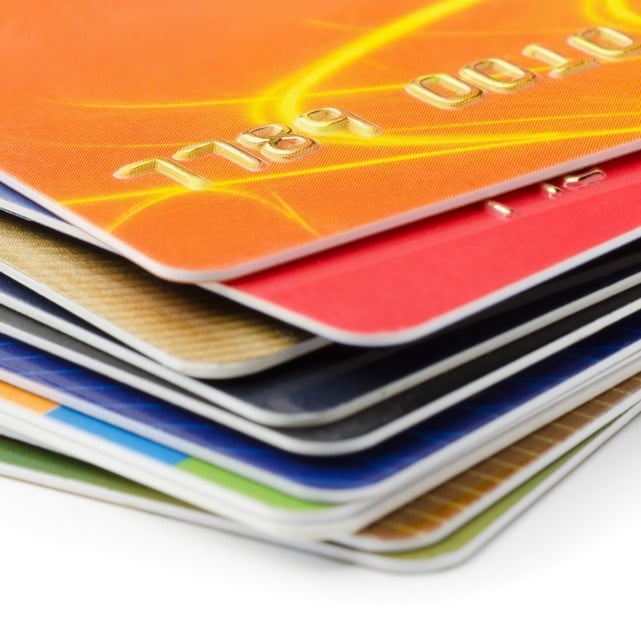All too often, credit cards are to blame for a bad credit score. Obviously it’s not the card’s fault, but the user who mishandles it. Missed or late payments, years of making only minimum payments and huge bills can cause your credit score to go down considerably.
But there’s a positive side to this as well. If handled correctly, your credit card can actually help rebuild credit and raise your score.
First, take this quick quiz to see how much you know about credit scores. Go ahead — it’ll be fun.
How did you do? For those who need it, here’s a review of what exactly your credit score is:
Very simply, it’s a number that reflects how well you’ve handled money you’ve borrowed. The more responsible you’ve been, the better your score. Scores range from 300 – 850 and the higher your score, the better. Why? Most times, the higher your score, the lower the interest rate you’ll qualify for when you’re applying for a loan.
Learn how good credit karma comes from good credit habits.
If your credit score review is low, don’t panic! Just follow these four helpful tips to raise it:
- Bring your accounts current if you’ve missed or been late on payments.
- Stop applying for new credit sources until your score improves.
- Limit how often you use your credit cards and bring your balances to less than 30% of your capacity.
- Accept reasonable offers to increase your credit limit, which increases your capacity to borrow and lowers your percentage of borrowed money.
- If you need to close out some accounts, close the newer rather than the older accounts.
Unfortunately, improving your score takes time. For example, inquiries remain on your report for 2 years, delinquencies for 7, and bankruptcies for 7 to 10 years. But if you find any errors on your report that will negatively impact a credit score review, get them fixed as soon as possible and you could see an improvement in your score in 30 to 60 days.
Learn more about the dos and don'ts of credit cards.
Here are a few simple rules to live by to help ensure your credit cards work for you rather than against you:
- Avoid late payments. Not only can they negatively affect your credit score, the card issuer is likely to increase your interest rate.
- Pay your cards off every month. If you can’t manage that, do your best to pay as much as you can, but always more than the minimum.
- Read the fine print. Check out the paperwork that comes with your card. Be aware of due dates, late fees, annual fees, rate increases, etc.
- Limit yourself to one or two cards. This makes it much easier to keep track of what you spend and when your payments are due.
- Don’t open lots of store-branded cards. They usually have higher interest rates and lower limits.
- Set up automatic payments or use online bill payment. This way you’ll never miss a payment.
Don’t get disheartened if you have a less-than-stellar credit score. With time and careful credit card usage, it can be fixed and you can rebuild credit.
Learn more about the Dos and Don'ts of credit card use in our free eBook.














Comment